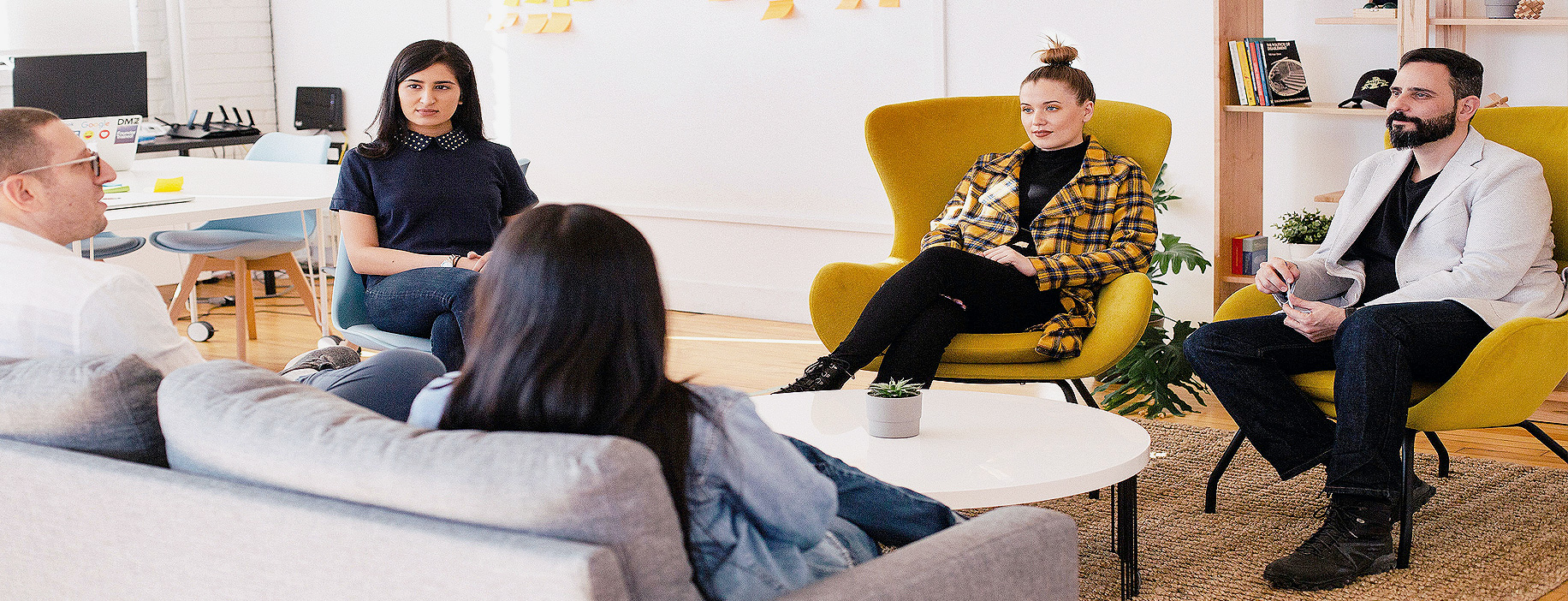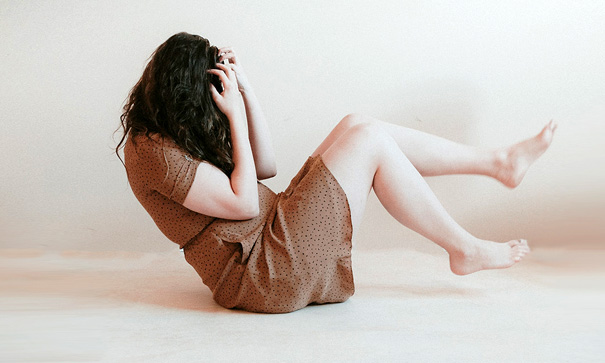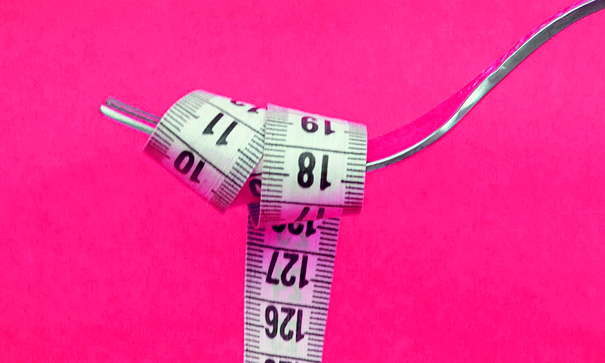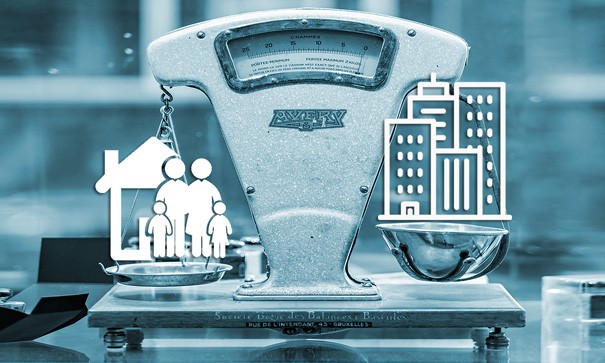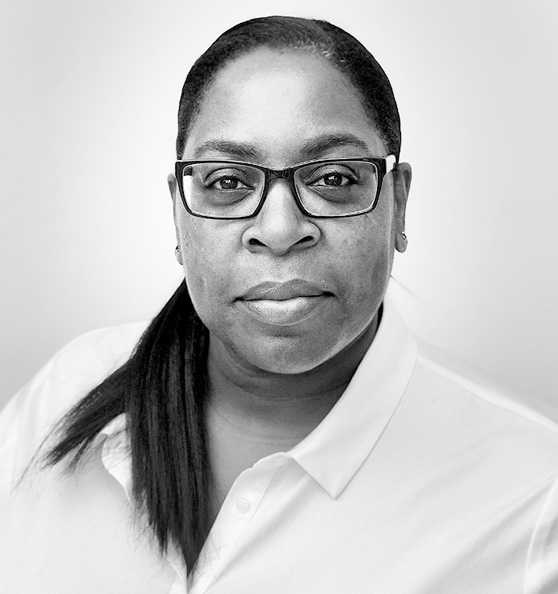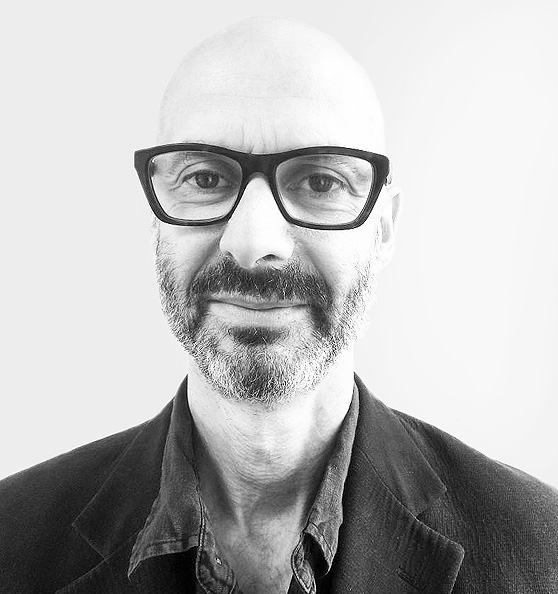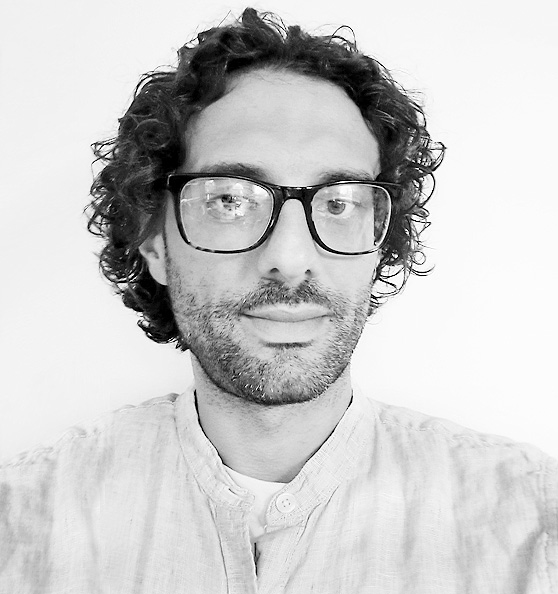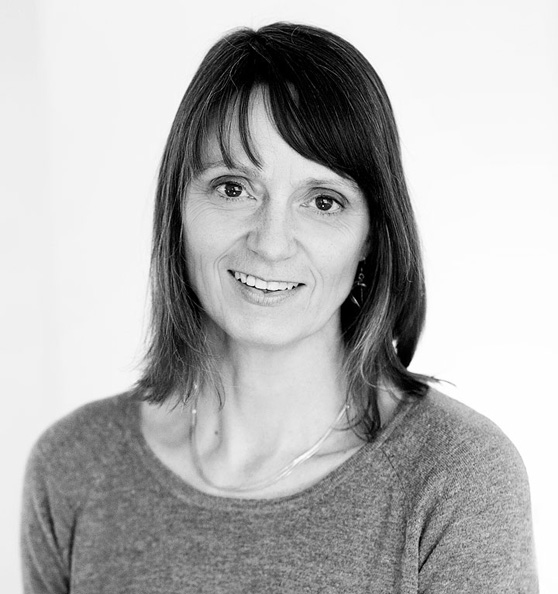Group therapy was developed when mental health resources were thin during the second world war to support people with war-related mental health issues. These days it is recommended for a wide variety of issues, including substance abuse and addiction, eating disorders, lack of self-esteem and self-confidence, anxiety, panic attacks and depression.
Psychoeducational groups have an informative structure: the group therapy counsellor conducts the group session and takes on a teaching role and provides information and strategies for a specific issue.
Process-oriented groups are more focused on the relationships between members and the experience of the group as a unit, with the counsellor facilitating group discussion and activities. This core principle is focused on the cathartic healing powers of sharing your problems with others; talking through your feelings and experiences in a group can help relieve pain, guilt, and stress.
While group therapy might focus on discussion, it may also include activities like team-building exercises, expressive art and drama, narrative therapy and physical ventures (wilderness exploration, physical games). These can help with building trust, increasing self-confidence and improving communication and interpersonal skills.
Groups can be closed (the same people every session for a set number of sessions) or open (with new people joining a regular, ongoing group). There will be at least one mental health professional facilitating the group, and groups can vary in size from around 6 to 12 participants. Group therapy can be practised alone or as a complement to other types of therapy.
Group therapy gives it’s members a chance to practice altruism by helping others in the group, an experience that will likely help them as well.

